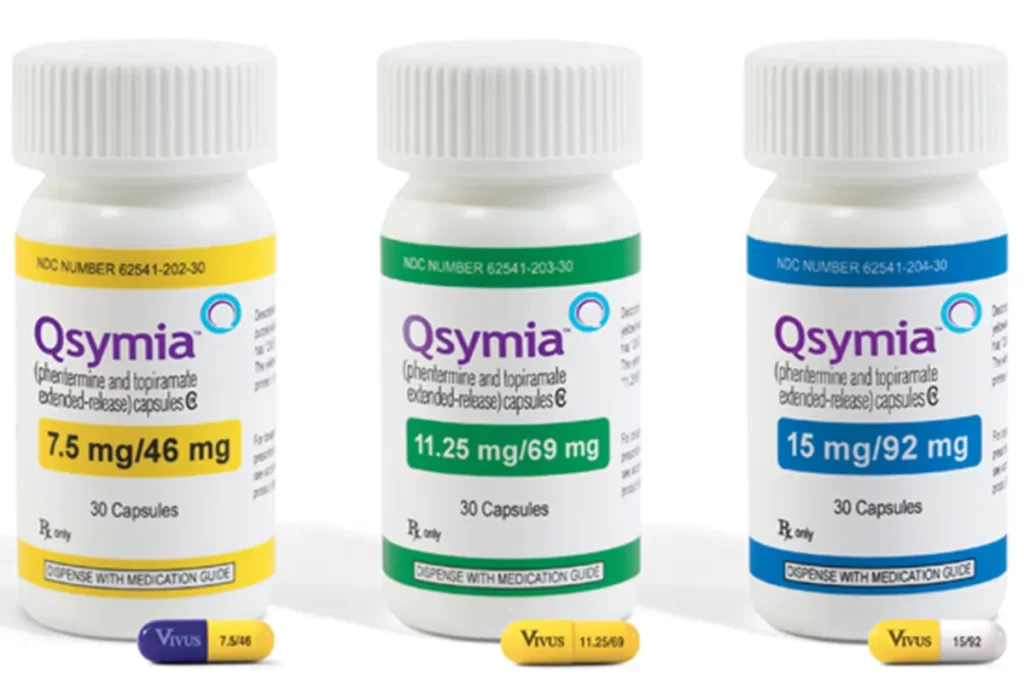How to Lose Weight with PCOS?
-
 Written by
Michael J. Ormsbee
Written by
Michael J. Ormsbee
- LAST UPDATED September 13, 2023
Polycystic ovary syndrome (PCOS) is a frequent hormonal disorder among women of reproductive age. It can lead to numerous health problems, including excessive weight gain. This comprehensive guide aims to shed light on the close connection between PCOS and weight gain, offering valuable advice on how to manage the syndrome, and ultimately, lose weight effectively.
Why Weight Loss is Challenging with PCOS
PCOS leads to an imbalance in the hormones, causing the body to produce more insulin than it typically does. This excess insulin triggers hunger pangs and prompts the body to store more fat, leading to weight gain. Losing weight thus becomes a daunting task for women struggling with PCOS due to escalated food cravings and an inability to effectively burn fat.
Metabolic Issues Associated with PCOS
Metabolic syndrome is yet another stumbling block on their weight-loss journey. Characterized by abdominal obesity, blood fat disorders, hypertension, and insulin resistance, it affects around 50% of women with PCOS. Dealing simultaneously with PCOS and metabolic syndrome can intensify weight gain and impede effective weight loss.
Dietary Adjustments for PCOS
The Importance of Diet in Managing PCOS and Stimulating Weight Loss
Diet is a fundamental factor in managing PCOS. A diet low in carbohydrates and high in fiber can aid in curtailing insulin levels and consequently stabilizing weight. It’s not just about shedding those extra pounds; a healthy diet also helps alleviate PCOS symptoms.
Suggestions for a PCOS-Friendly Diet
A PCOS-friendly diet should contain lean proteins like chicken and tofu, whole grains such as brown rice and quinoa, and an array of colorful fruits and vegetables. Adding fiber to your daily intake slows digestion and reduces the impact of sugar on your blood, thus combating insulin resistance.
Foods to Embrace and Ones to Avoid
With PCOS, it’s crucial to limit the intake of processed foods and sugary drinks and aim for fresh, organic alternatives instead. Further, embracing a balanced diet inclusive of lean proteins, a variety of fruits and vegetables, heart-healthy fats, and whole grains can make a tremendous difference.
The Power of Exercise and Physical Activity
How Exercise Benefits Women with PCOS

See Also:
Physical activities and routine exercise create a welcoming environment for weight loss, helping to regulate blood sugar levels and manage insulin resistance. It’s a holistic way to promote well-being and healthy weight reduction in the long run.
Different Types of Exercise and Their Benefits
The types of exercise beneficial for women with PCOS are aerobics, strength training, and yoga. While aerobic activities aid in burning calories, strength-training exercises build muscle mass and boost metabolism. Yoga, combine with deep-breathing exercises, might help reduce stress related to PCOS.
Recommendations for Exercise Routines or Habits
Regular engagement in moderate activities like brisk walking and dancing, combined with strength training exercises at least twice a week, can elicit positive changes. These simple, attainable steps can create a massive impact on managing PCOS and nurturing a healthier lifestyle.
Lifestyle Changes Impact on PCOS and Weight Loss
The Role of Stress and Sleep in PCOS Management and Weight Loss
Managing stress is integral to effectively dealing with PCOS. High stress can disrupt the hormonal balance necessary for normal bodily functions. Similarly, lack of quality sleep triggers the release of cortisol — the stress hormone, which further contributes to weight gain.
Strategies for Stress Management and Improving Sleep
Regular exercise, eating a balanced diet, maintaining a consistent sleep schedule, and practicing relaxation techniques like meditation can all contribute to improved stress management and good sleep hygiene.
Medical Management for PCOS (When Required)
Metformin and its Role in PCOS Weight Loss
Metformin is primarily used for treating type 2 diabetes but has proven beneficial for PCOS weight loss. It works by decreasing the liver’s glucose production and the glucose absorbed in the gut, reducing insulin levels and making it easier to lose weight.
Other Possible Treatments and Their Benefits
While Metformin is a common medical aid for PCOS management, other treatments like birth control pills or fertility medication could also be utilized in certain circumstances. They work to adjust hormone imbalances, regulate menstrual cycles, and assist in weight management.
Finally
While losing weight with PCOS poses numerous challenges, a strategic combination of dietary adjustments, regular exercise, lifestyle modifications, and, if necessary, medical management, can lead to successful weight loss. Don’t let PCOS define your weight loss journey — empower yourself and take control of your health for a brighter, healthier future.
FAQs on Losing Weight with PCOS
What is the fastest way to lose weight with PCOS?
A combination of a balanced, low-glycemic diet, regular exercise, stress management, and the right medical treatment if necessary, can be the fastest way to lose weight with PCOS.
Is it difficult to lose weight with PCOS?
Yes, weight loss can be more challenging with PCOS due to issues like insulin resistance and metabolic syndrome. However, with the right approach, it is entirely possible to lose weight.
How can I lose weight with PCOS belly?
Losing 'PCOS belly' involves adopting a healthy diet that is low in carbohydrates and high in fiber and protein, coupled with regular exercise aimed at reducing total body fat. Additionally, addressing insulin resistance through medication, if needed, can also be beneficial.
What does PCOS belly look like?
'PCOS belly' is often characterized by an accumulation of fat in the abdominal area, giving it a rounder appearance. This belly fat is associated with insulin resistance, a common issue with PCOS.
Can I get a flat stomach with PCOS?
Yes, you can get a flat stomach with PCOS. While it may require more effort due to hormonal imbalances, by adopting a healthy diet, exercising regularly, and managing insulin levels, it is possible.
What does a PCOS flare-up look like?
A PCOS flare-up may manifest as an irregular or missed period, increased acne, heavier cramping, changes in mood, sudden weight gain or difficulty losing weight, and an increase in facial hair or hair loss on the head.







